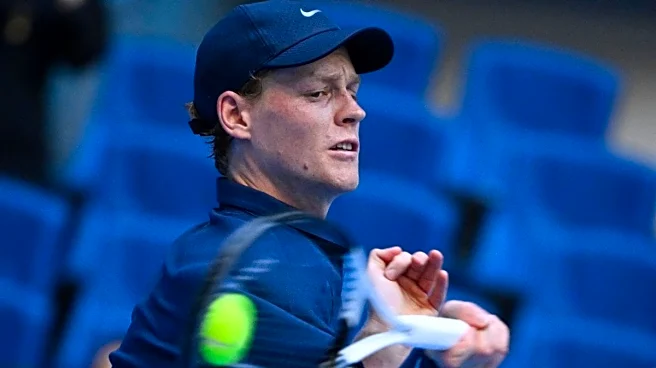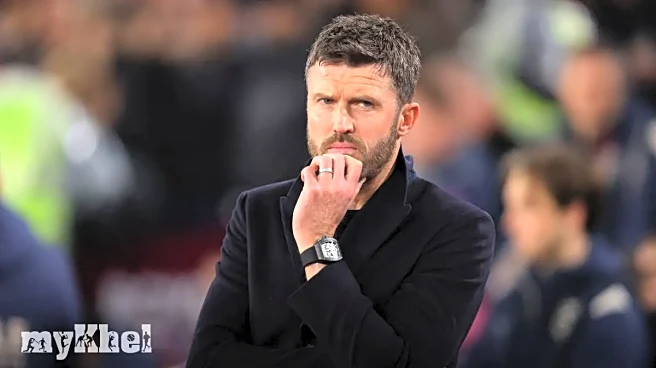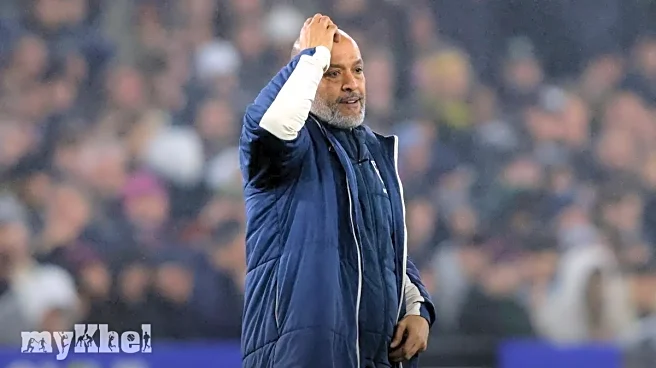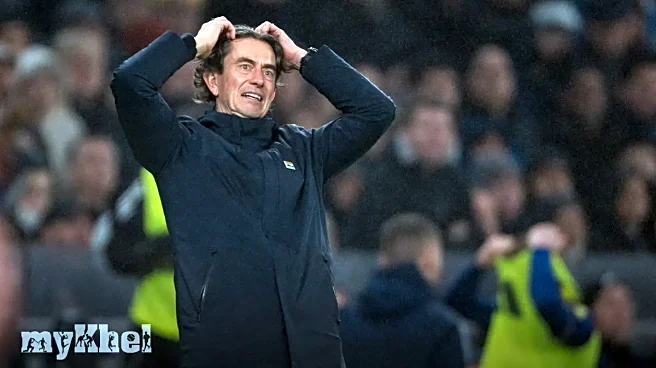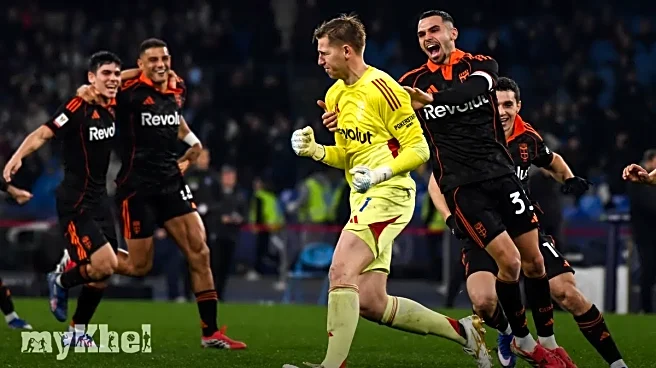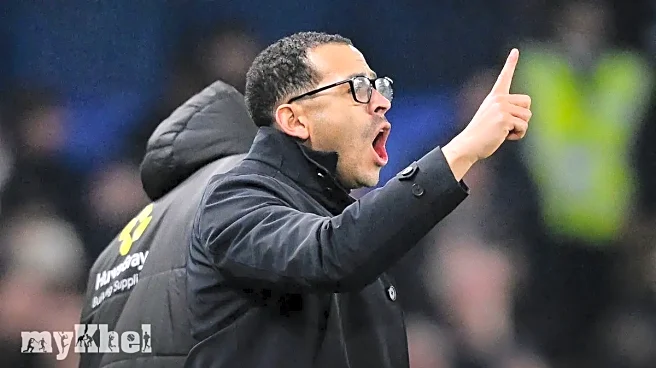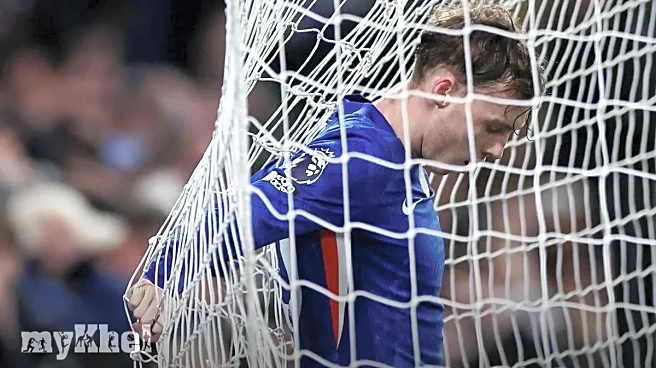Four-time Grand Slam champion Jannik Sinner has defended exhibition tournaments even as several tennis players tend to burnout or suffer career-ending injuries in the latter half of the season, complaining
about the packed ATP Tour schedule.
Sinner beat arch-rival Carlos Alcaraz in a rematch of last year’s Six Kings Slam final, once again taking home the $6 million winner’s prize.
On Saturday, October 18, after his dominant 6-2, 6-4 win against Alcaraz in Riyadh, Sinner addressed the topic of exhibition events during the post-match press conference.
“It is very important to play tennis in different ways. For us, having weeks dedicated to amateurs, days dedicated to children, is hugely important: children are the future, they are the generation that will one day arrive,” Sinner said.
“The product we already have is incredible, we have everything: big tournaments around the world, big audiences… but can we improve it? Of course. Events dedicated to amateurs and children, exhibitions, are fundamental: that is why we are here,” Sinner added.
Alcaraz had defended his participation in exhibition events as well, responding to criticism that arose after he voiced concerns about the sport’s demanding schedule.
“When I see a lot of people complaining about how we are defending the exhibitions, I don’t understand them because, as I said, it isn’t really demanding mentally compared to when we are having such long events like two weeks or two-and-a-half weeks,” Alcaraz said.
This comes just days after British star Jack Draper requested the ATP Tour to revise its calendar, warning that players are pushing their bodies ‘beyond what is normal in elite sport’.
American Taylor Fritz echoed Draper’s views after his Six Kings Slam victory over Novak Djokovic, who was forced to retire mid-match.
Draper had been scheduled to compete in the exhibition event, but ended his season early after the US Open because of an arm injury. His remarks came just hours after Holger Rune suffered an injury in his Nordic Open semifinal, which his mother, Aneke, told Danish outlet BT was ‘a torn Achilles tendon’.
